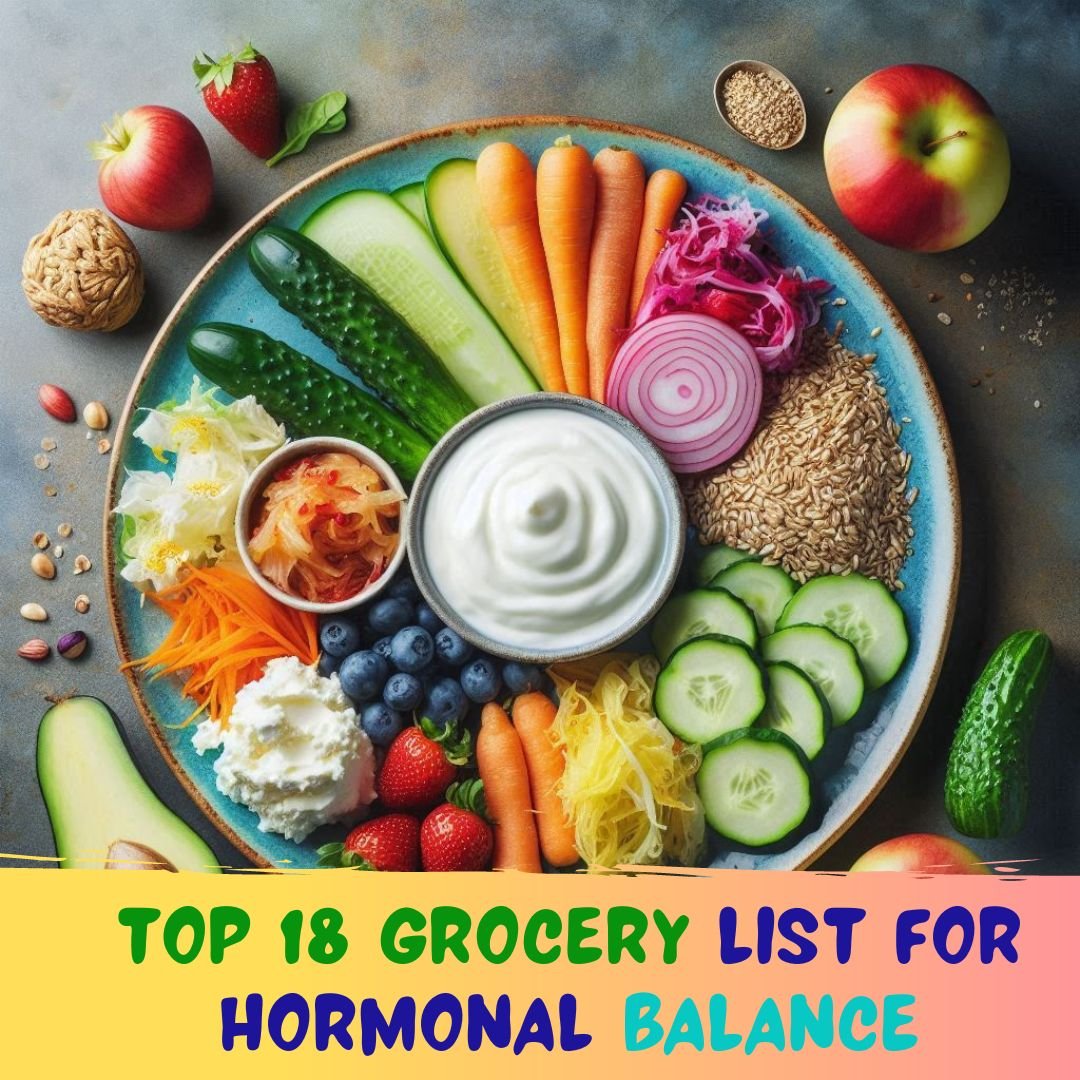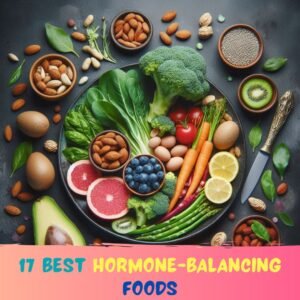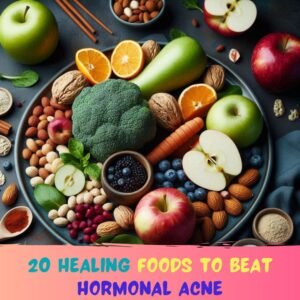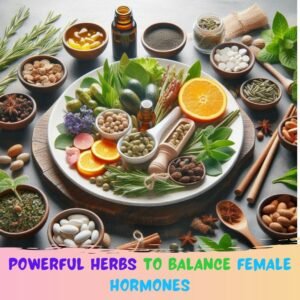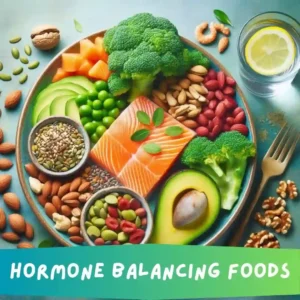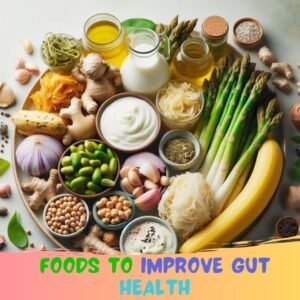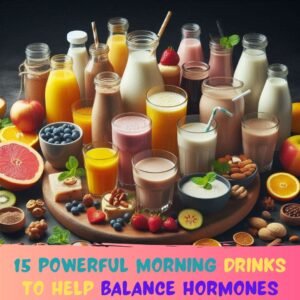Hormonal balance is the key to overall health and wellbeing. When our hormones are in balance, we feel energized, focused, and confident.
But when they’re out of whack, we can experience a range of symptoms from fatigue and mood swings to weight gain and skin issues.
While there are many factors that can affect hormonal balance, one of the most important is the food we eat.
Top Grocery List for Hormonal Balance: A Quick Overview
- Fatty Fish (Salmon): Rich in Omega-3s to reduce inflammation
- Leafy Greens (Spinach): Packed with magnesium to regulate cortisol levels
- Probiotic-Rich Yogurt: Supports gut health and hormone production
- Antioxidant-Rich Berries: Fights oxidative stress and inflammation
- Healthy Fats (Avocado): Supports hormone production and reduces inflammation
- Cruciferous Veggies (Broccoli): Supports detoxification and hormone balance
- Omega-3 Rich Walnuts: Reduces inflammation and supports heart health
- Adaptogenic Ashwagandha: Helps regulate cortisol levels and stress response
- Vitamin D-Rich Fatty Fish: Supports hormone regulation and immune function
- Fiber-Rich Oats: Supports healthy digestion and hormone balance
- Antioxidant-Rich Green Tea: Fights oxidative stress and inflammation
- Protein-Rich Grass-Fed Beef: Supports hormone production and muscle growth
- Healthy Fats (Coconut Oil): Supports hormone production and reduces inflammation
- Cruciferous Veggies (Cauliflower): Supports detoxification and hormone balance
- Mineral-Rich Dark Leafy Greens: Supports hormone regulation and bone health
- Probiotic-Rich Kefir: Supports gut health and hormone production
- Antioxidant-Rich Pomegranate: Fights oxidative stress and inflammation
- Omega-3 Rich Chia Seeds: Reduces inflammation and supports heart health
1. Fatty Fish (Salmon) – Rich in Omega-3 Fatty Acids to Reduce Inflammation
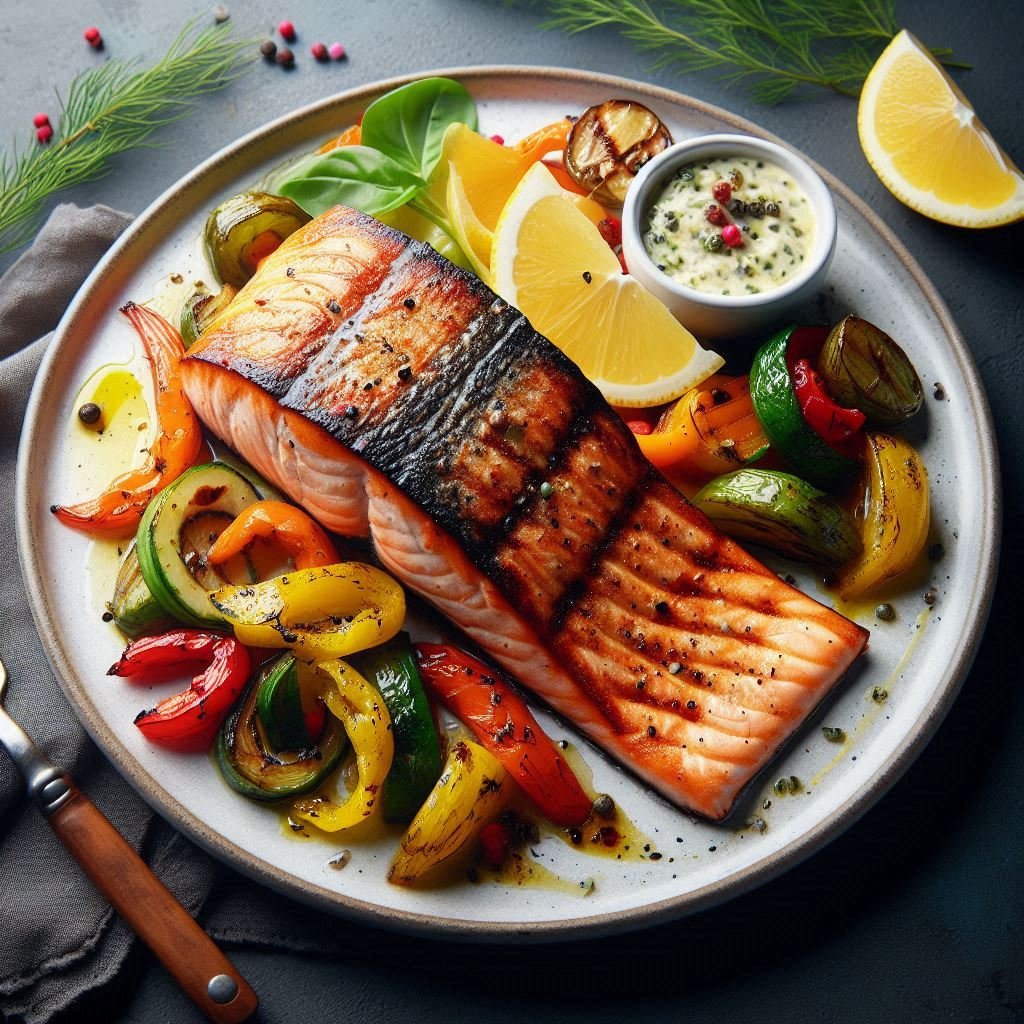
Salmon is an excellent source of omega-3 fatty acids, specifically EPA and DHA. These essential fatty acids have potent anti-inflammatory effects, which can help reduce inflammation and promote hormone balance. Omega-3s also support heart health, brain function, and may even help alleviate symptoms of depression.
2. Leafy Greens (Spinach) – Packed with Magnesium to Regulate Cortisol Levels

Spinach is a rich source of magnesium, an essential mineral that plays a critical role in hormone regulation. Magnesium helps regulate cortisol levels, the hormone associated with stress response. Elevated cortisol levels can disrupt hormone balance, leading to issues like weight gain, insomnia, and mood swings. Spinach is also rich in antioxidants and fiber, making it a nutritious addition to any meal.
3. Probiotic-Rich (Yogurt) – Supports Gut Health and Hormone Production
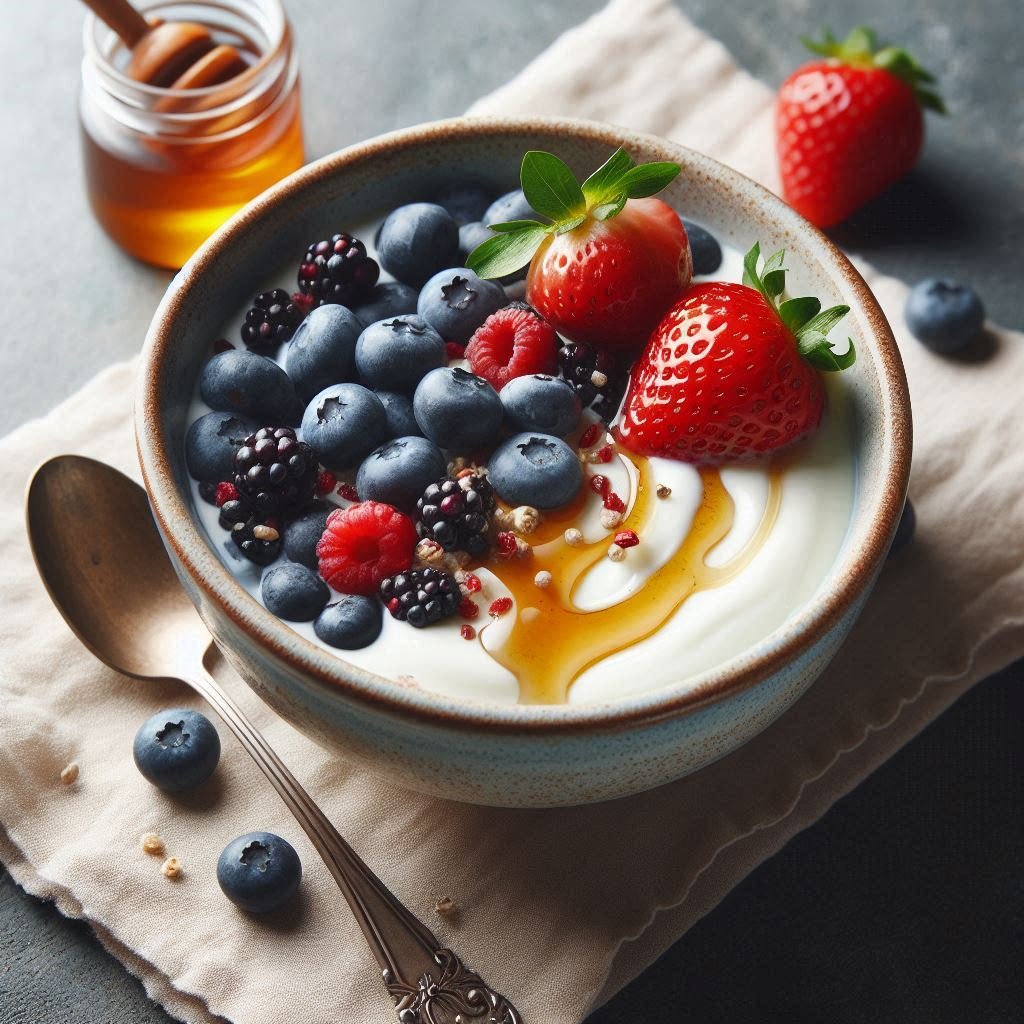
Yogurt is an excellent source of probiotics, beneficial bacteria that inhabit the gut. A healthy gut microbiome is essential for hormone production, immune function, and overall health. Probiotics in yogurt can help regulate the gut-brain axis, reducing inflammation and promoting hormone balance.
4. Antioxidant-Rich (Berries) – Fights Oxidative Stress and Inflammation

Berries are packed with antioxidants, powerful compounds that neutralize free radicals and reduce oxidative stress. Oxidative stress can disrupt hormone balance, leading to issues like thyroid dysfunction and adrenal fatigue. Berries are also rich in fiber, vitamins, and minerals, making them a nutritious and delicious addition to any diet.
5. Healthy Fats (Avocado) – Supports Hormone Production and Reduces Inflammation
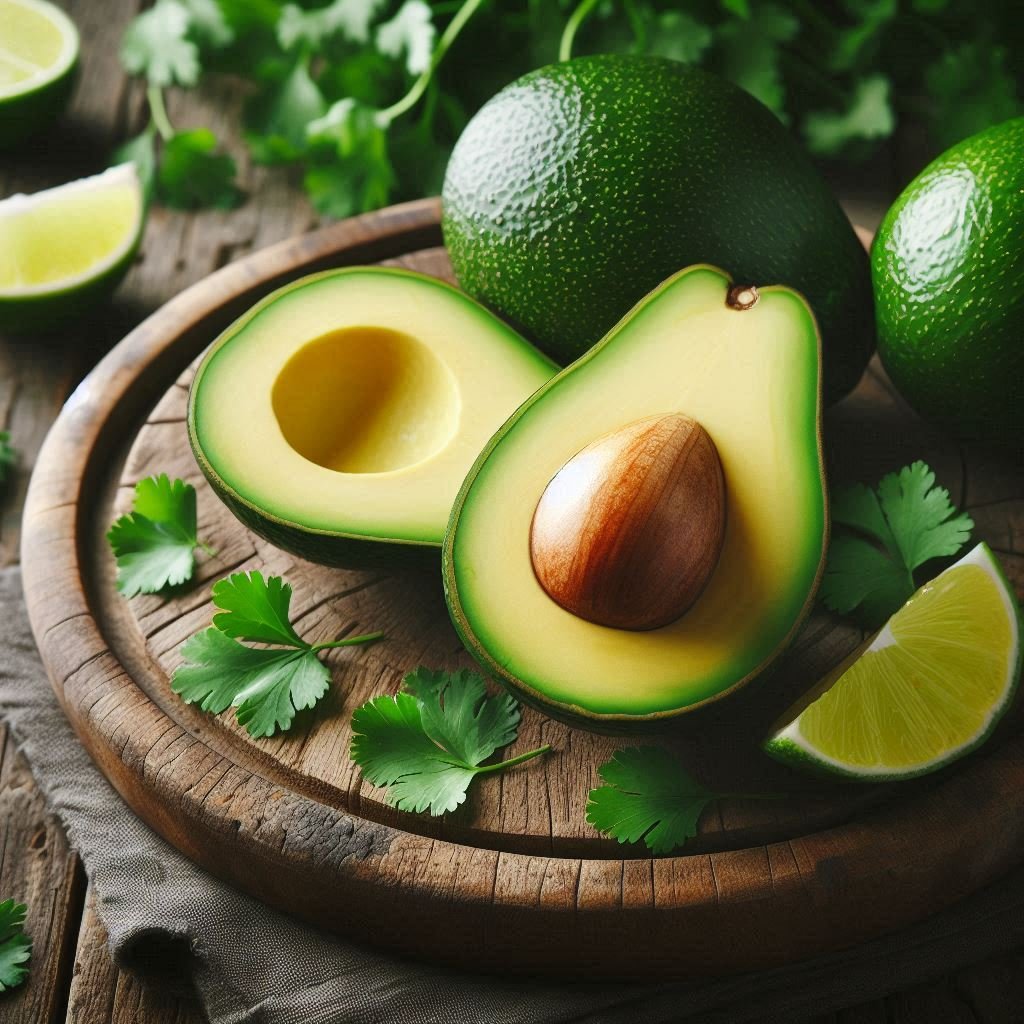
Avocados are a rich source of healthy fats, including oleic acid, which has potent anti-inflammatory effects. Avocados also contain a range of essential vitamins and minerals, including vitamin E, potassium, and magnesium. These nutrients support hormone production, reduce inflammation, and promote overall health.
6. Cruciferous Veggies (Broccoli) – Supports Detoxification and Hormone Balance
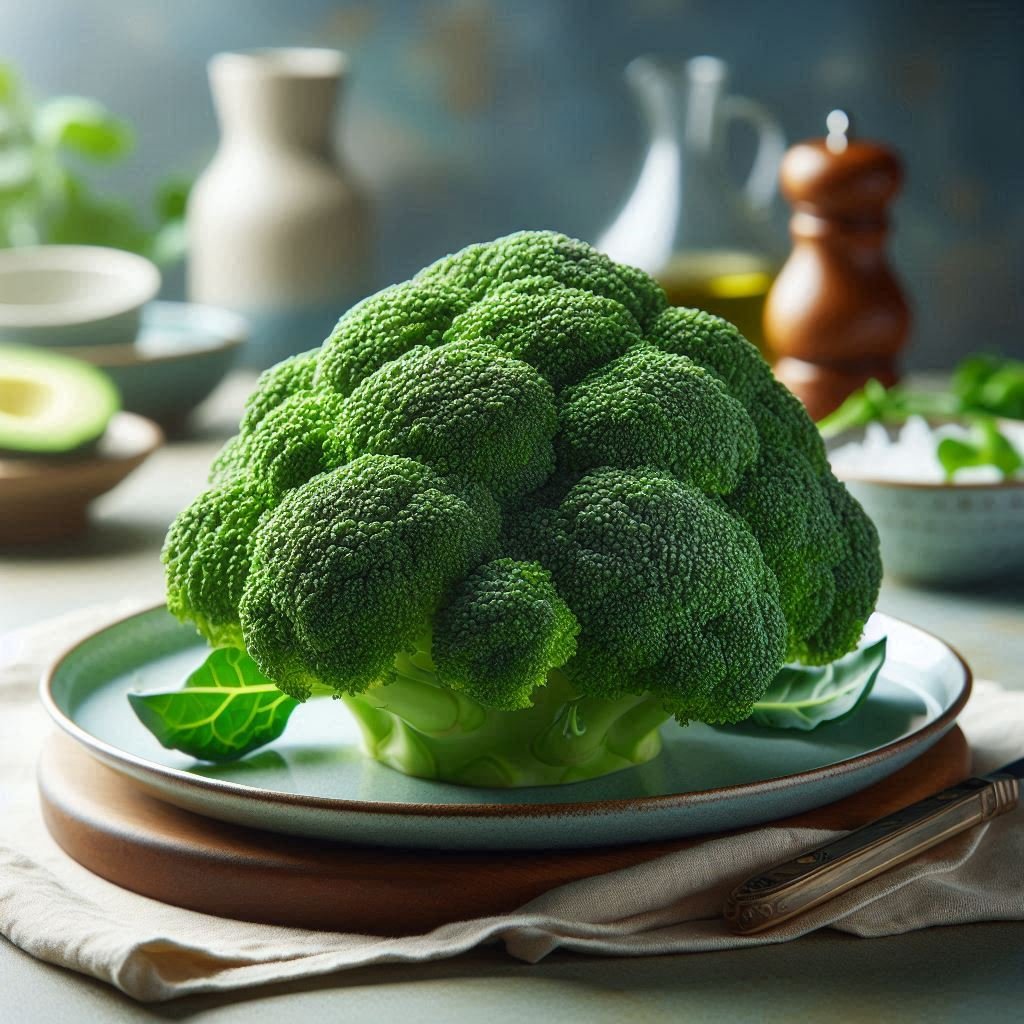
Broccoli is a cruciferous vegetable rich in sulforaphane, a compound that supports detoxification and hormone balance. Sulforaphane activates the body’s natural detoxification pathways, helping to remove toxins and excess hormones from the body. Broccoli is also rich in fiber, vitamins, and minerals, making it a nutritious addition to any meal.
7. Omega-3 Rich (Walnuts) – Reduces Inflammation and Supports Heart Health
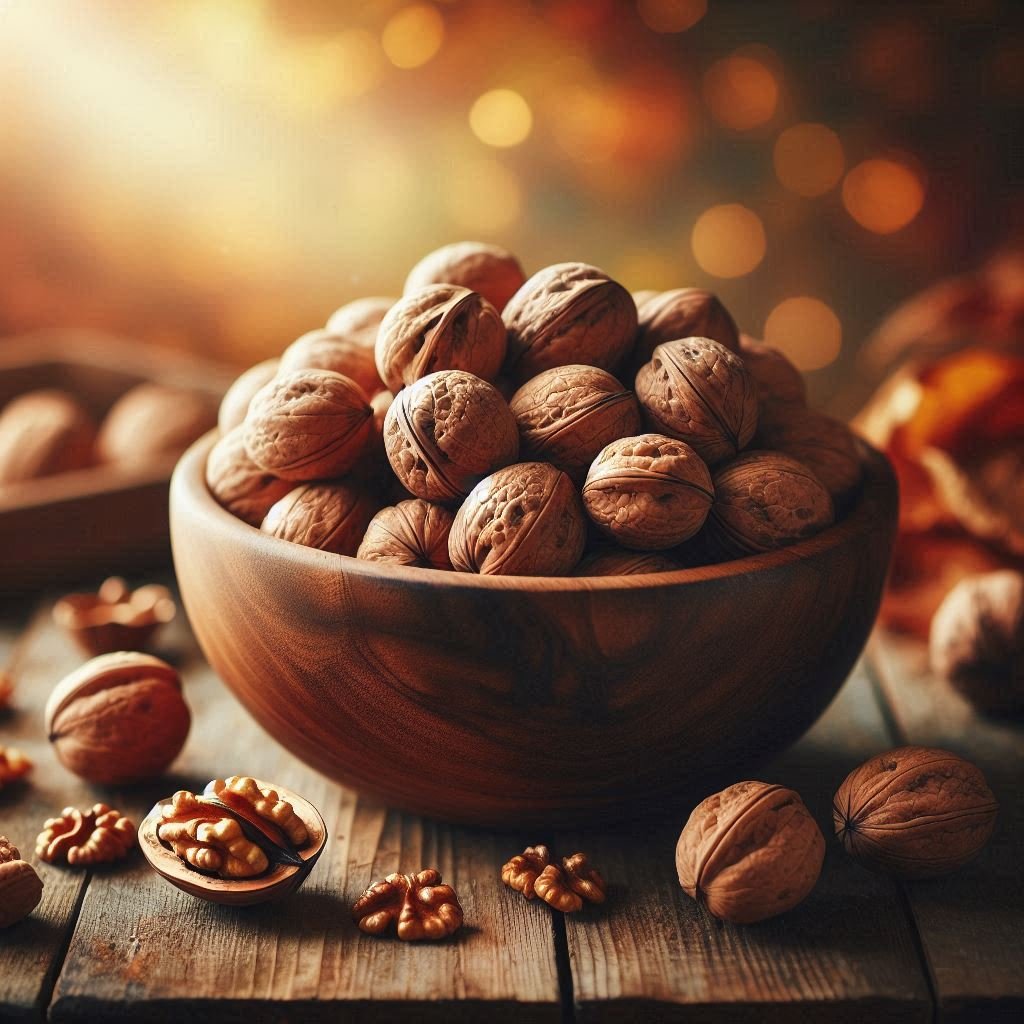
Walnuts are a rich source of omega-3 fatty acids, specifically alpha-linolenic acid (ALA). ALA has potent anti-inflammatory effects, reducing inflammation and promoting heart health. Walnuts are also rich in antioxidants and fiber, making them a nutritious snack or addition to any meal.
8. Adaptogenic (Ashwagandha) – Helps Regulate Cortisol Levels and Stress Response

Ashwagandha is an adaptogenic herb that helps regulate cortisol levels and stress response. This herb has been shown to reduce anxiety and depression, improve sleep quality, and enhance cognitive function. Ashwagandha also supports adrenal function, reducing the risk of adrenal fatigue and hormone imbalances.
9. Vitamin D-Rich (Fatty Fish) – Supports Hormone Regulation and Immune Function
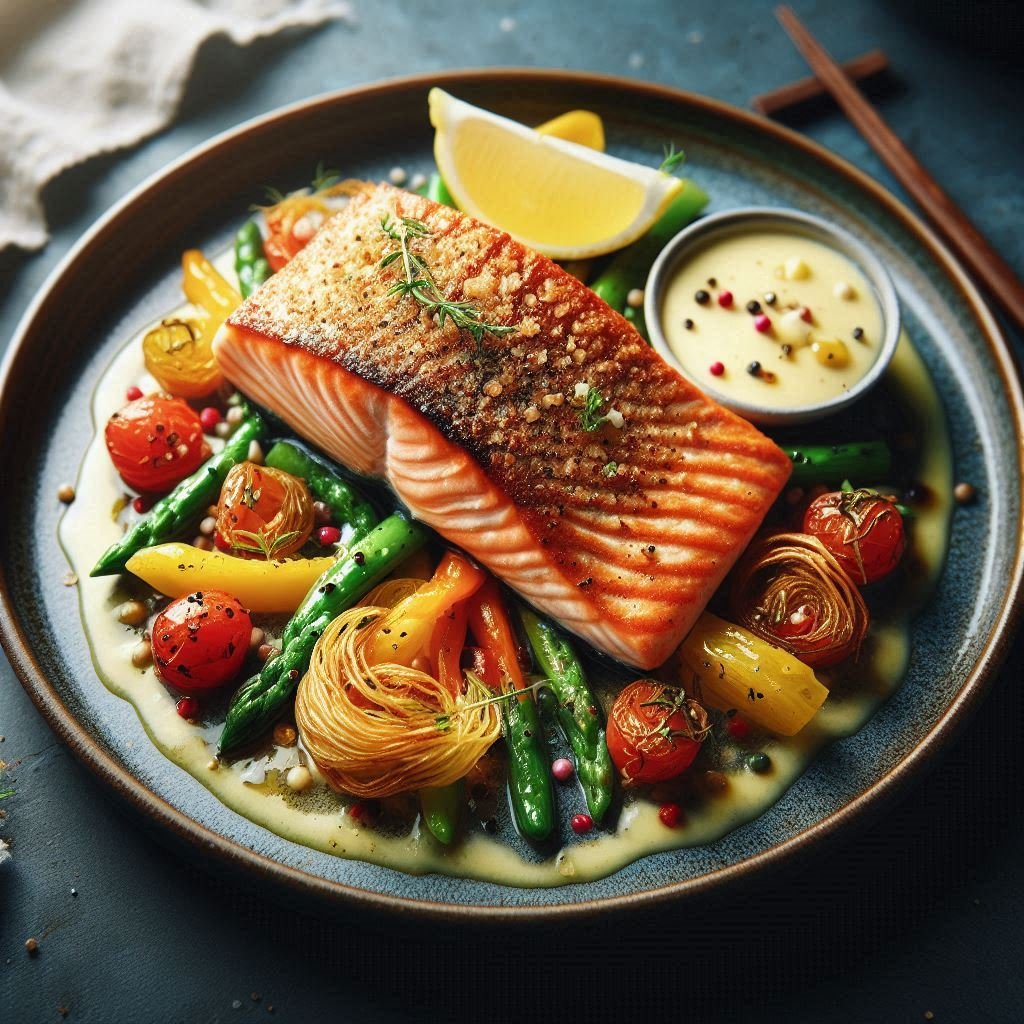
Fatty fish like salmon and mackerel are rich in vitamin D, an essential nutrient that regulates hormone production and immune function. Vitamin D deficiency has been linked to a range of health issues, including hormone imbalances, autoimmune diseases, and increased risk of infection.
10. Fiber-Rich (Oats) – Supports Healthy Digestion and Hormone Balance
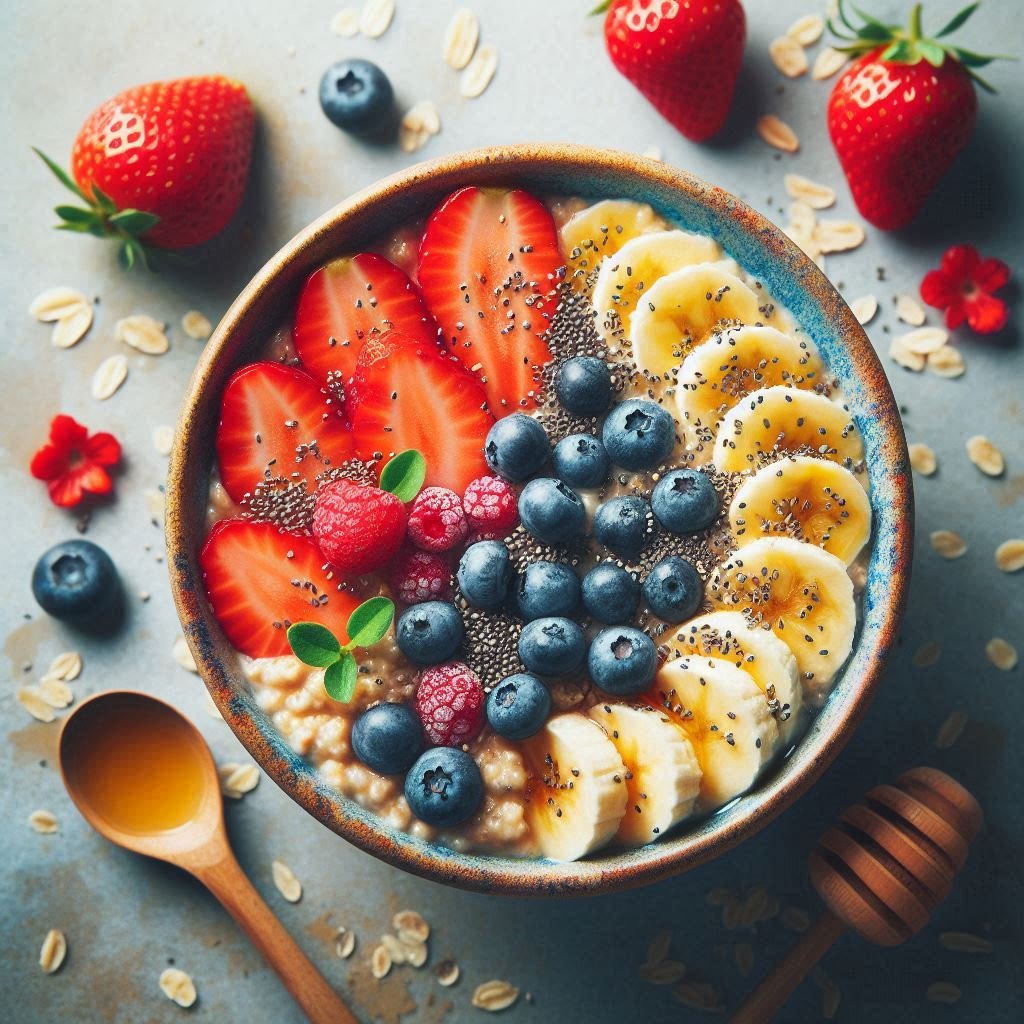
Oats are a rich source of fiber, which is essential for healthy digestion and hormone balance. Fiber helps regulate blood sugar levels, promotes the growth of beneficial gut bacteria, and supports the elimination of toxins and excess hormones from the body.
11. Antioxidant-Rich (Green Tea) – Fights Oxidative Stress and Inflammation

Green tea is a rich source of antioxidants, including catechins and polyphenols. These compounds have potent anti-inflammatory effects, reducing oxidative stress and promoting overall health. Green tea has also been shown to support weight loss, improve cognitive function, and reduce the risk of chronic diseases.
12. Protein-Rich (Grass-Fed Beef) – Supports Hormone Production and Muscle Growth
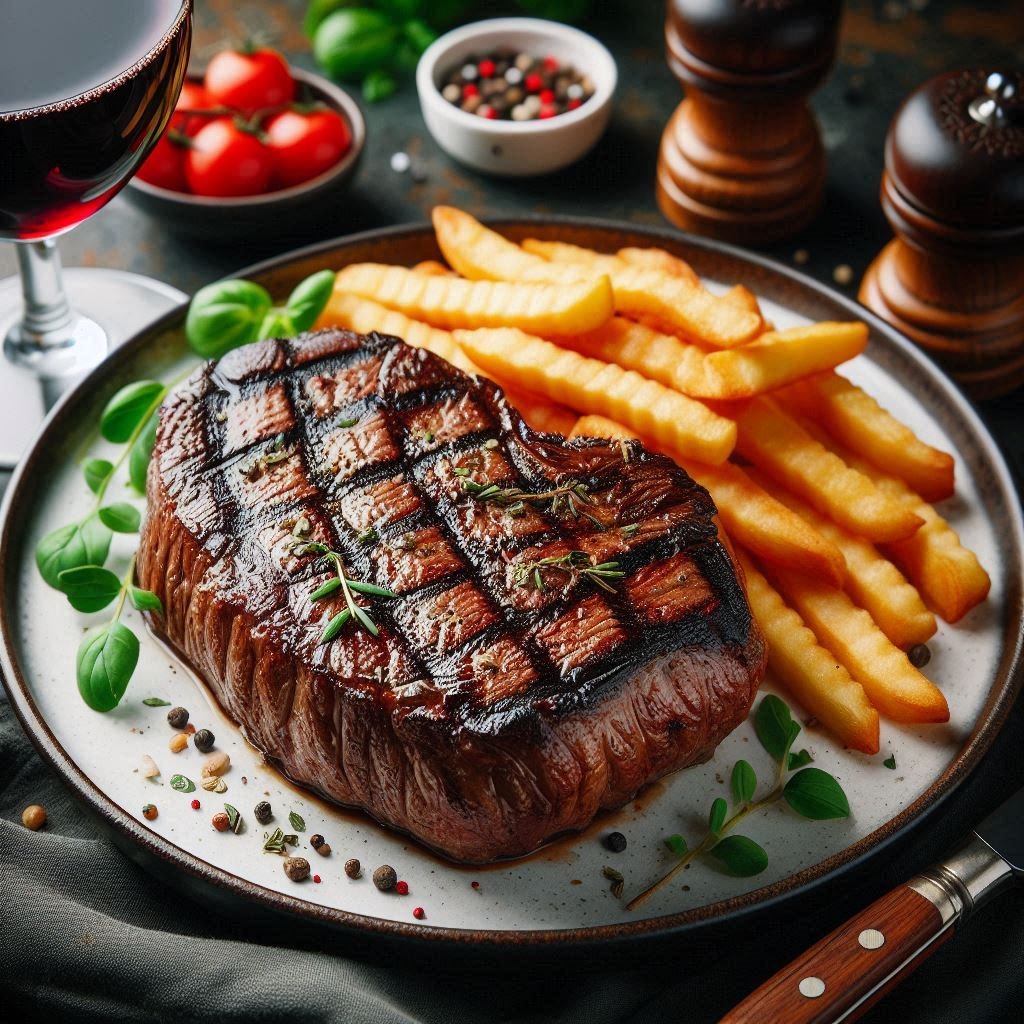
Grass-fed beef is an excellent source of protein, essential for hormone production and muscle growth. Grass-fed beef is also rich in omega-3 fatty acids, vitamins, and minerals, making it a nutritious addition to any diet.
13. Healthy Fats (Coconut Oil) – Supports Hormone Production and Reduces Inflammation

Coconut oil is a rich source of healthy fats, including medium-chain triglycerides (MCTs). MCTs have potent anti-inflammatory effects, reducing inflammation and promoting hormone balance. Coconut oil is also rich in antioxidants and has been shown to support weight loss, improve cognitive function, and reduce the risk of chronic diseases.
14. Cruciferous Veggies (Cauliflower) – Supports Detoxification and Hormone Balance
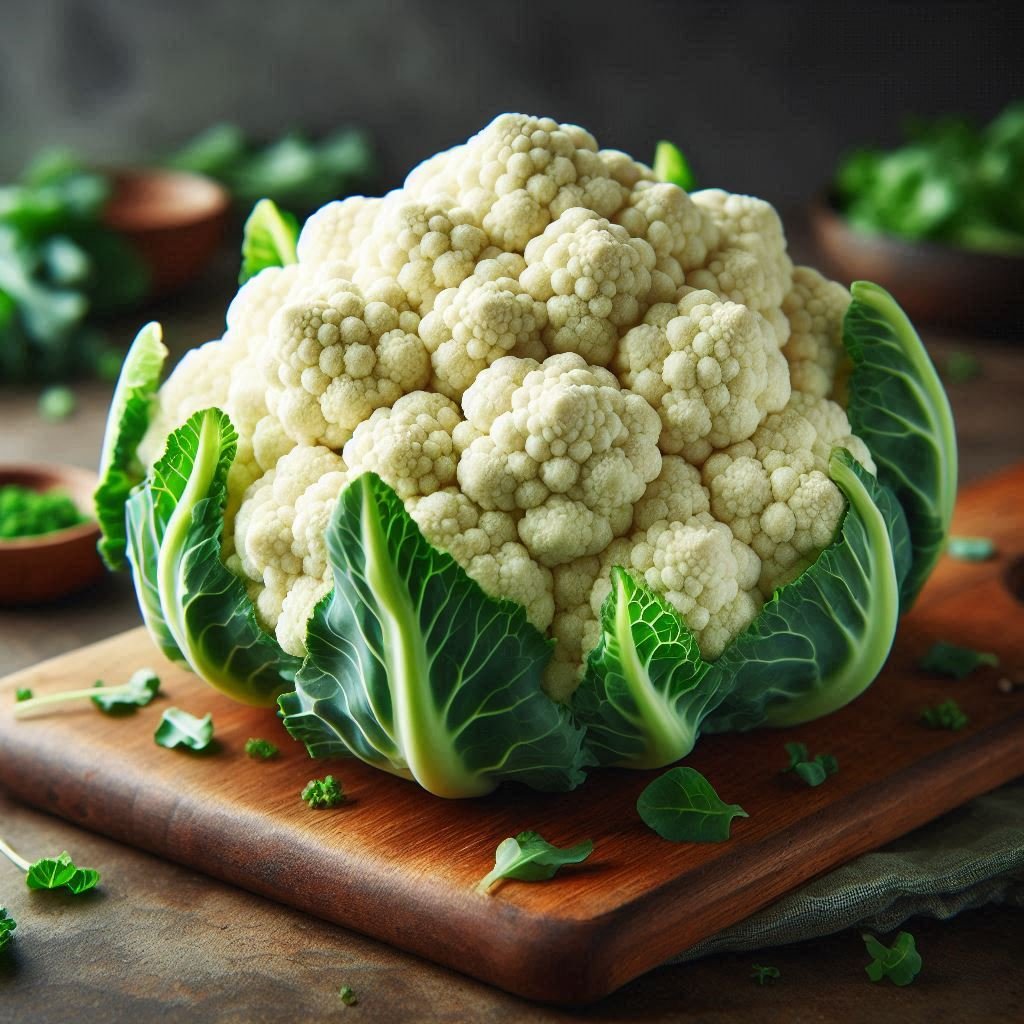
Cauliflower is a cruciferous vegetable rich in sulforaphane, a compound that supports detoxification and hormone balance. Cauliflower is also rich in fiber, vitamins, and minerals, making it a nutritious addition to any meal.
15. Mineral-Rich (Dark Leafy Greens) – Supports Hormone Regulation and Bone Health
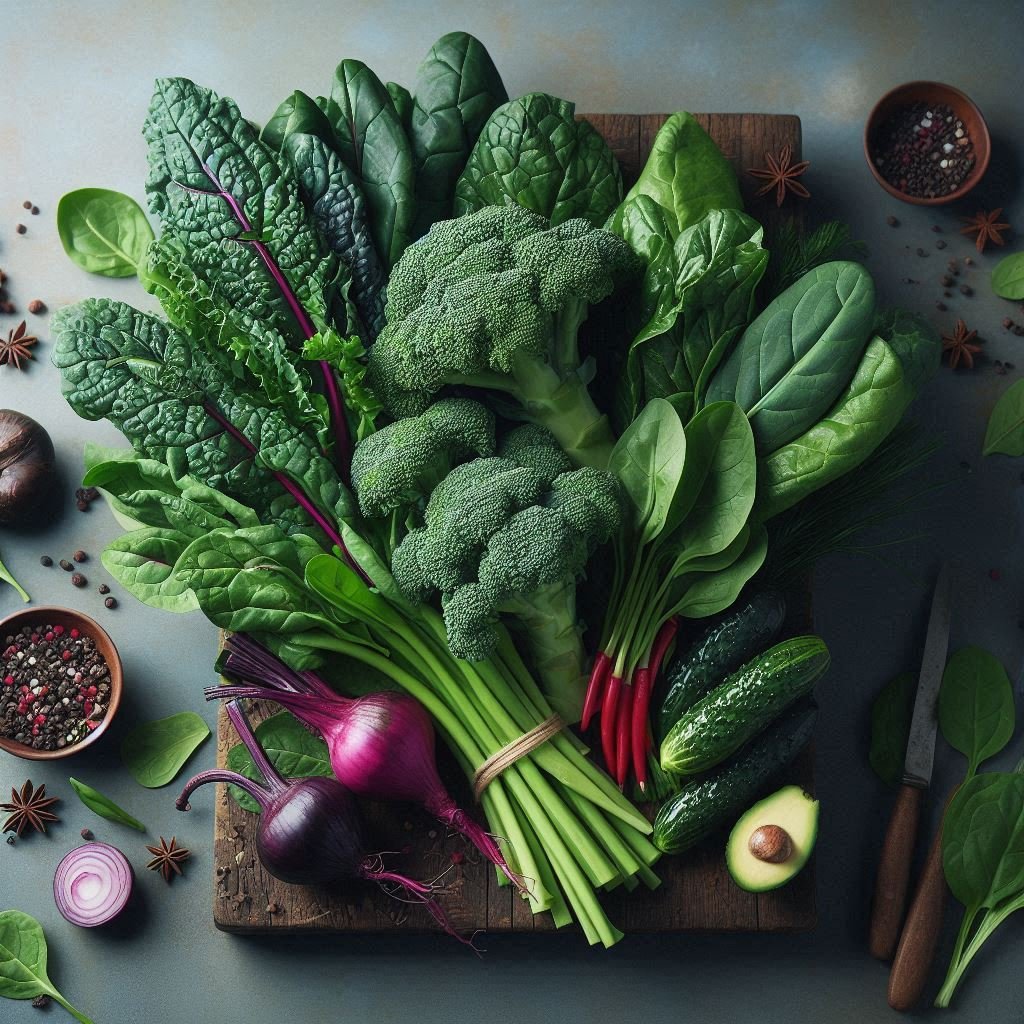
Dark leafy greens like kale and spinach are rich in minerals like calcium, magnesium, and iron. These minerals are essential for hormone regulation, bone health, and overall health. Dark leafy greens are also rich in antioxidants and fiber, making them a nutritious addition to any diet.
16. Probiotic-Rich (Kefir) – Supports Gut Health and Hormone Production
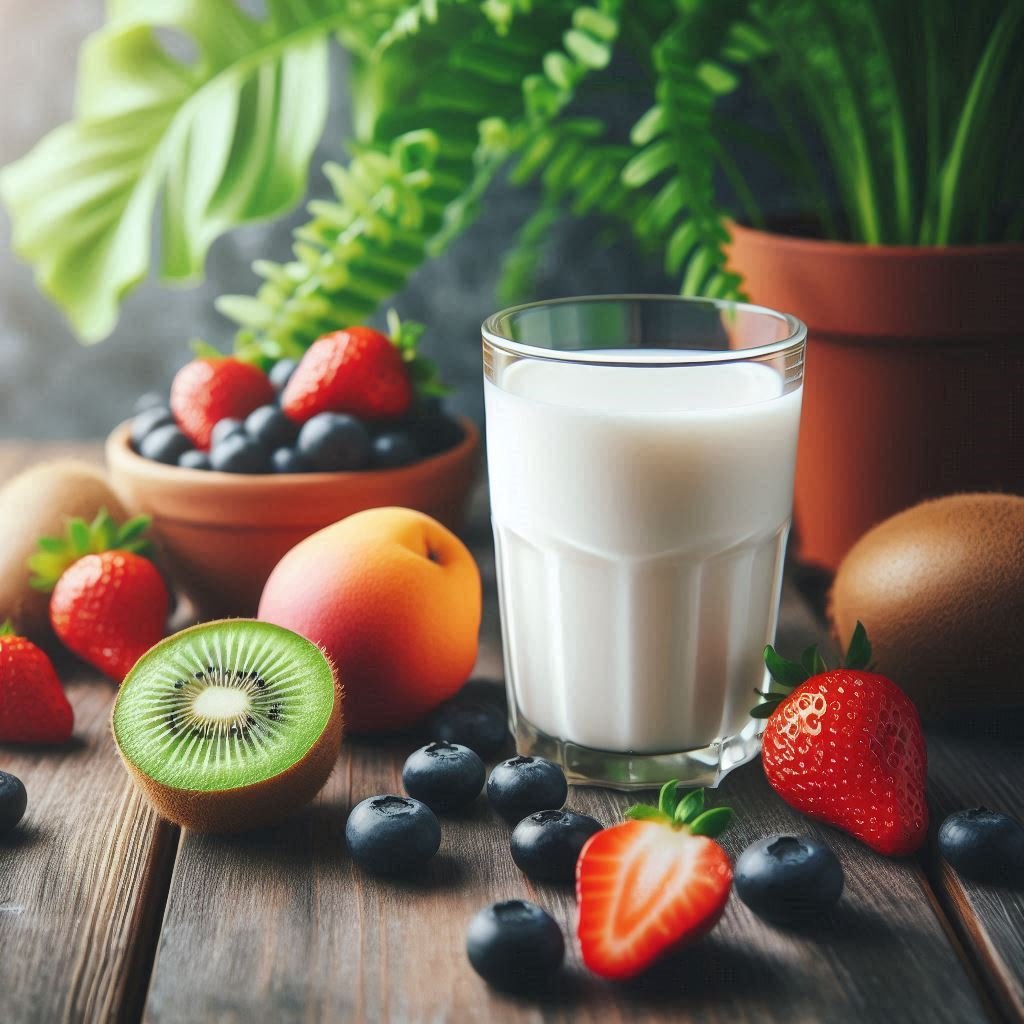
Kefir is a fermented dairy product rich in probiotics, beneficial bacteria that inhabit the gut. Probiotics in kefir support gut health, hormone production, and immune function, reducing the risk of hormone imbalances and chronic diseases.
17. Antioxidant-Rich (Pomegranate) – Fights Oxidative Stress and Inflammation
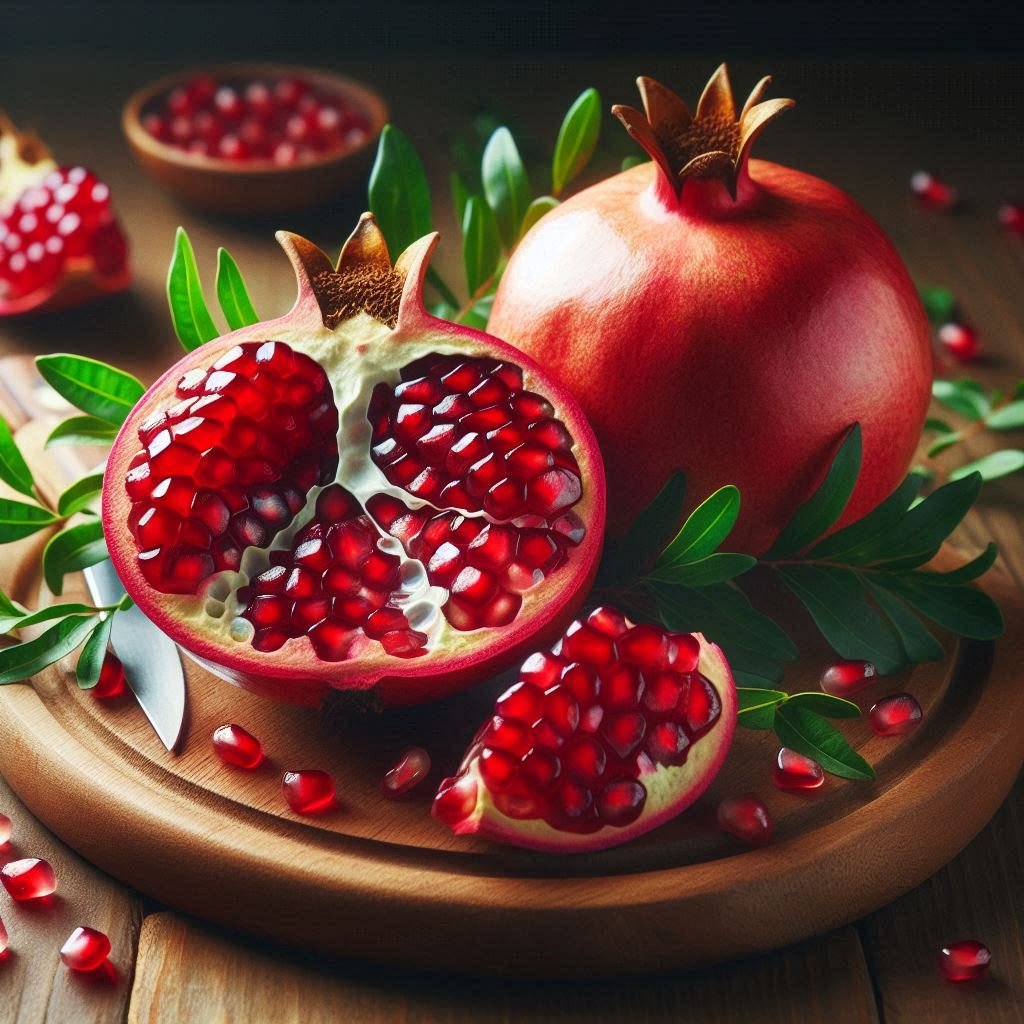
Pomegranate is a rich source of antioxidants, including ellagic acid and punicalagins. These compounds have potent anti-inflammatory effects, reducing oxidative stress and promoting overall health. Pomegranate has also been shown to support heart health, reduce the risk of cancer, and improve cognitive function.
18. Omega-3 Rich (Chia Seeds) – Reduces Inflammation and Supports Heart Health
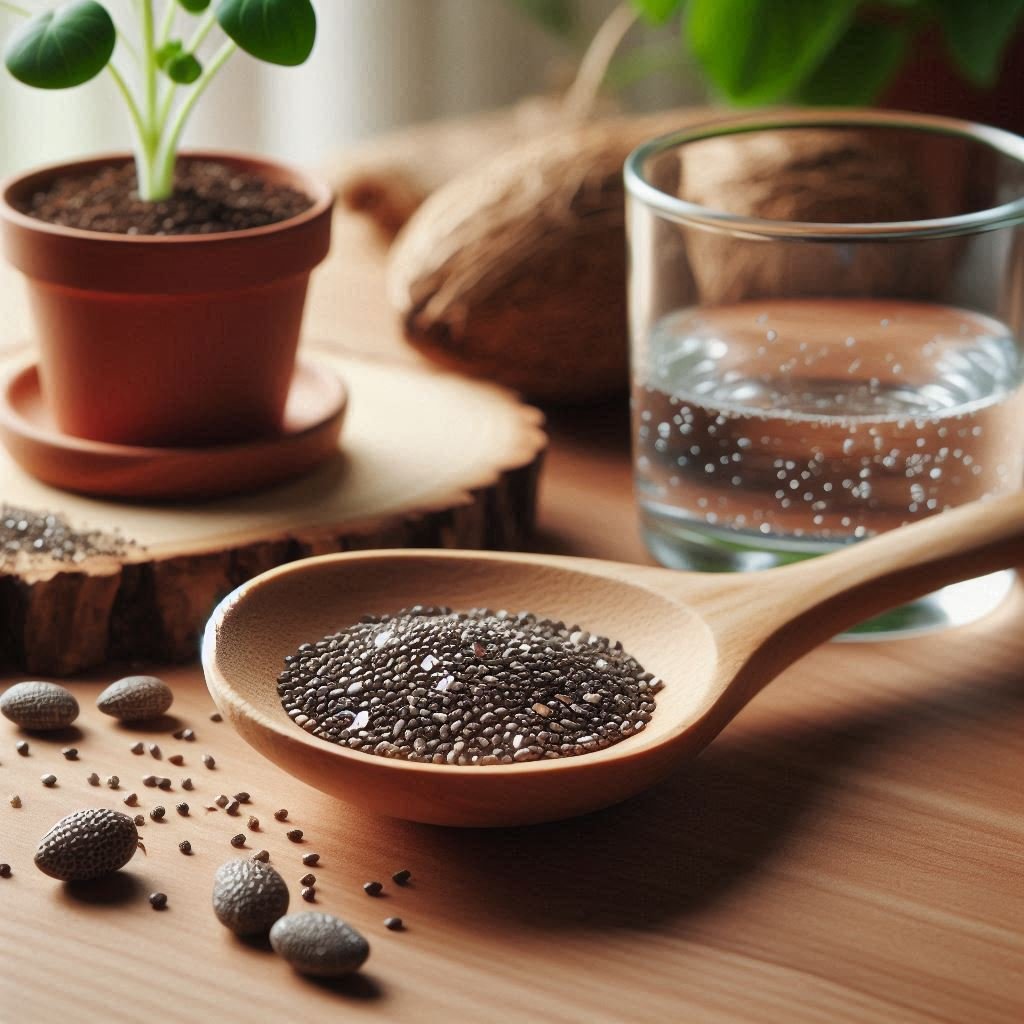
Chia seeds are a rich source of omega-3 fatty acids, specifically alpha-linolenic acid (ALA). ALA has potent anti-inflammatory effects, reducing inflammation and promoting heart health. Chia seeds are also rich in fiber, protein, and antioxidants, making them a nutritious addition to any diet.
Conclusion
Hormone balance is a delicate process that requires a multifaceted approach. While there are many factors that can contribute to hormonal imbalances, diet plays a significant role in maintaining healthy hormone levels. By incorporating the 15 nutrient-dense foods outlined in this article, you can support hormone balance, reduce inflammation, and promote overall health.
Remember, a balanced diet is just one aspect of maintaining hormone balance. Other lifestyle factors, such as stress management, exercise, and sleep quality, also play a critical role. By making informed dietary choices and adopting a holistic approach to health, you can take control of your hormone balance and overall well-being.
FAQs
Q: Can I eat these foods in any combination?
A: Yes, you can combine these foods in various ways to support hormone balance. However, it’s essential to maintain a balanced diet and consult with a healthcare professional or registered dietitian to ensure you’re getting the nutrients you need.
Q: Are there any specific cooking methods I should use?
A: Yes, cooking methods can affect the nutritional value of your food. Try to use gentle cooking methods like steaming, roasting, or sautéing to preserve the nutrients in your food.
Q: Can I take supplements instead of eating these foods?
A: While supplements can be helpful, it’s always best to get your nutrients from whole foods whenever possible. Whole foods provide a complex mix of nutrients, fiber, and antioxidants that supplements may not replicate.
Q: How long will it take to see the benefits of eating these foods?
A: The benefits of eating these foods can vary depending on individual factors, such as your starting point, diet, and lifestyle. However, many people report improvements in hormone balance and overall health within a few weeks to a few months of making dietary changes.
Q: Can I eat these foods if I have a food allergy or intolerance?
A: If you have a food allergy or intolerance, it’s essential to consult with a healthcare professional or registered dietitian to determine the best course of action. They can help you identify alternative foods that meet your nutritional needs.
Q: Are there any specific portion sizes or serving recommendations?
A: Portion sizes and serving recommendations can vary depending on individual factors, such as age, sex, and activity level. Consult with a healthcare professional or registered dietitian to determine the best serving sizes for your needs.

